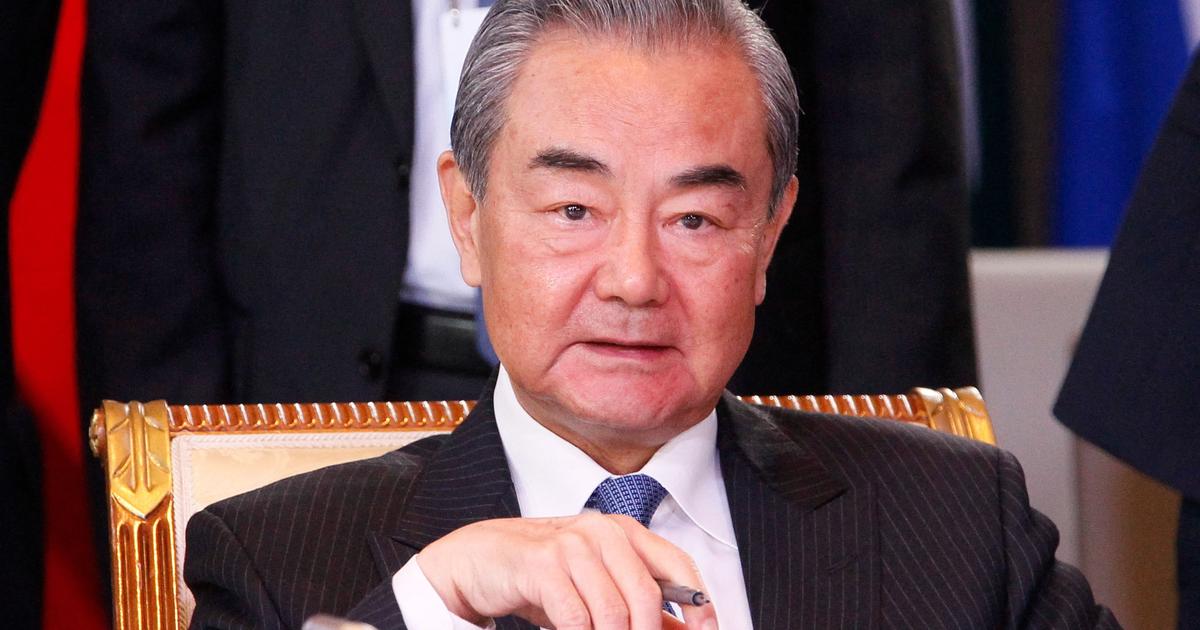Beijing's Uproar: Washington's Congratulations to Taiwan's New President Lai Ching-te
China has lodged a formal complaint with the United States over Secretary of State Antony Blinken's congratulatory message to Taiwan's newly inaugurated President, Lai Ching-te. The inauguration, which took place on Monday, has further strained relations between China and the US, with Beijing labelling Lai as a 'dangerous separatist.' Blinken's message expressed Washington's hopes for maintaining 'peace and stability in the Taiwan Strait.'
The day after Lai's inauguration, Chinese Foreign Minister Wang Yi criticized Lai, branding him a betrayer of both the nation and his ancestors. During a meeting of foreign ministers at the Shanghai Cooperation Organization, Wang stated, 'Lai Ching-te's betrayal is shameful. Nonetheless, his actions will not stop China from achieving complete reunification.'
Wang Wenbin, spokesperson for China's Ministry of Foreign Affairs, lambasted Blinken's message as a severe violation of the 'One China' principle and claimed it sent a wrong signal to Taiwan's separatist forces. 'China is strongly dissatisfied and firmly opposed to this approach and has responded severely to the United States,' Wenbin affirmed at a press conference. Beijing considers Taiwan, a democratically governed island, to be part of its territory and has not ruled out using force to bring it under control.
In an additional rebuke, Wenbin stated that the Taiwan issue is central to China's core interests and represents an inviolable red line in China-US relations. While Washington recognized Beijing over Taipei in 1979, the US remains Taiwan's most crucial partner and main arms supplier. In retaliation, China unveiled new sanctions against three American companies on Monday for their involvement in arms sales to Taiwan.
Lai Ching-te's ceremony saw participation from heads of state of the few countries that recognize Taiwan and multiple international delegations. A US delegation, including former National Economic Council Director Brian Deese and former Deputy Secretary of State Richard Armitage, attended the event in Taipei.
China sharply criticized the presence of these delegations as gross interference in its internal affairs and a threat to peace and stability in the Taiwan Strait. 'We strongly request relevant countries and politicians stop engaging in political manipulation on Taiwan-related issues and sending wrong signals to Taiwan separatist forces,' Wang Wenbin added.
- In his inaugural speech, Lai emphasized his commitment to maintaining the status quo in relations with China, adopting a stance of neither submission nor arrogance. He called for dialogue and cooperation on equal terms, urging resumption of traffic and student exchanges between China and Taiwan.
- Lai also stressed the importance of strengthening Taiwan's defense capabilities, asserting that even if Taiwan accepted China's claims, their ambition to annex the island would persist. He vowed to stand with democracies around the world to form a deterrent against war.
- Highlighting Taiwan's significance in the global semiconductor industry, Lai positioned Taiwan as a central player in the AI revolution and a key component of the 'world's democratic supply chain.' He expressed his desire to promote Taiwan as an 'AI island' to bolster its military and economic power.
- In a show of international solidarity, Japanese parliamentarians attended Lai's inauguration ceremony, despite objections from the Chinese ambassador. Lai underscored Taiwan-Japan cooperation, particularly in disaster response and infectious disease control, highlighting the importance of these relationships.
- US Secretary of State Blinken reiterated in his statement that the US looks forward to working with President Lai to deepen informal US-Taiwan relations and maintain peace and stability in the Taiwan Strait.
- China responded to the inauguration by announcing sanctions on three American companies involved in arms sales to Taiwan, including General Atomics Aeronautical Systems, General Dynamics Land Systems, and Boeing's defense division. The sanctions involve a ban on trade and investment in China, among other restrictions.






